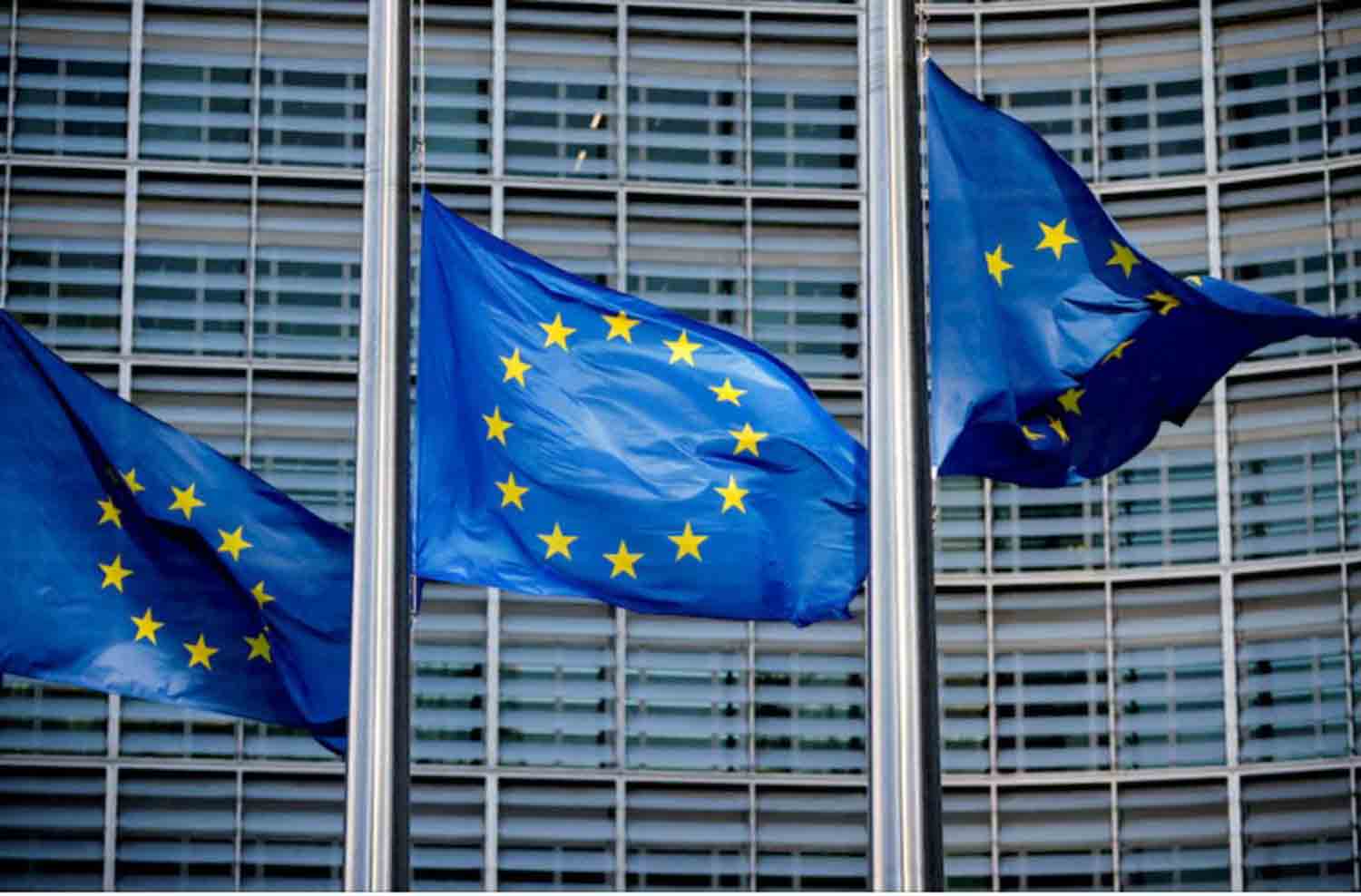Donald Trump’s unconventional approach to diplomacy has raised concerns even prior to his presidency. He has repeatedly questioned Canada‘s sovereignty, suggesting it would be more advantageous for Canada to become the 51st state of the United States. Additionally, he has belittled Prime Minister Justin Trudeau by referring to him as the Governor of Canada and has circulated a map depicting Canada as part of the US. Trump has expressed a willingness to leverage economic pressure to fulfill his goals.
Furthermore, Trump has asserted a claim over Greenland, contending that the US requires this Danish territory for security purposes. He has cast doubt on Denmark’s rightful ownership of Greenland and has suggested that he might resort to force if necessary. His son has made a visit to Greenland, likely in connection with this acquisition strategy, which the US ambassador to Denmark has also been tasked to support.
The president-elect has also expressed interest in the Panama Canal, which was completed by the US in 1914 and handed over to Panama in December 1999. Trump’s concern stems from the fact that Chinese interests have taken control of the canal’s administration, leading to increased transit costs for US vessels.
He has threatened to impose a 25% tariff on exports from Mexico and Canada to the US, which would violate the 1994 NAFTA agreement. Additionally, Trump has proposed renaming the Gulf of Mexico to the Gulf of America, believing it would sound more appealing.
The aggressive tactics employed by the world’s leading power inevitably raise concerns globally. Trump has returned with a significant majority, resulting in the Republicans gaining control of both chambers of Congress, which has bolstered his confidence in his political judgment and his strategies for addressing various domestic and foreign policy challenges. His approach to international relations may become increasingly disruptive when he assumes office on January 20.
The United States is a vast nation, ranking as the fourth largest globally, following Russia, Canada, and China. Its population significantly surpasses that of Russia and Canada, and it possesses vast natural resources. As the largest economy in the world, with a GDP exceeding $30 trillion, it also stands as the foremost military power. The US dollar serves as the primary reserve currency, allowing the country to exert considerable influence over the international financial system. Sanctions are frequently employed as a means to compel other nations to adhere to its established rules, enabling the US to dominate the global system like no other nation.
One might question Trump’s motivations for seeking territorial expansion. The US, due to its geographical advantages, with no immediate hostile neighbors and flanked by two oceans, does not face any direct security threats, aside from the potential risks posed by Russia’s extensive nuclear arsenal in the unlikely event of a total war, and China’s expanding nuclear capabilities. While the security of US forces can be jeopardized, this occurs far from its borders, as they are stationed worldwide as part of a broad military alliance framework. The US encounters threats in distant regions where it is involved, a consequence of its self-assumed role as the global enforcer.
The pursuit of territorial expansion for the sake of security or resource acquisition is deeply concerning. This approach is likely to encourage other nations to adopt similar ambitions within their own regions. The West’s commitment to international law, a rules-based order, respect for sovereignty, and adherence to the UN Charter is undermined by the very nation that claims to uphold these principles.
Previously, the Make America Great Again (MAGA) initiative was perceived as focused on domestic issues, protectionist, and non-interventionist. This perspective was misguided; logically, striving to restore the United States to its status as the world’s leading power, especially in light of China’s ascent and shifts in global economic dynamics, implies that Trump aims to reclaim the relative power the U.S. has lost to other nations and reestablish its dominance. The underlying motivation for this ambition is a desire for supremacy.
This ambition has become increasingly evident through the territorial claims and other assertions made by Trump. He has taken the unprecedented step of releasing a map that depicts the entire North American continent, including Greenland, as part of the United States, seemingly indifferent to how this act of cartographic aggression will be perceived not only in Europe and Canada but also on the global stage.
This action may only serve to encourage and politically validate territorial assertions by other nations over lands or waters that do not rightfully belong to them, often justified by security concerns or the desire to control resources. Can the United States effectively challenge China’s claims in the South and East China Seas? Additionally, Beijing is making assertions regarding Indian territory, as evidenced by their maps. Does this mean Russia is justified in its pursuit of control over parts of Ukraine for security purposes?
Interestingly, the claim over Canada and particularly Greenland is aimed at countering Russia’s influence over the Arctic shipping route, which is expected to become increasingly crucial for trade and resource extraction as it becomes more navigable and the seabed more accessible.
The ambition to tap into resources like oil and lithium, which are believed to be plentiful in Greenland, indicates a disregard for the environmental impact that such exploitation would have on the region’s delicate and pristine ecosystem.
The 2006 documentary by former US Vice President Al Gore, ‘An Inconvenient Truth’, highlights the pressing human challenge of global warming and climate change, showcasing dramatic footage of glacier melting in Greenland. One justification for Trump’s interest in Greenland is that acquiring it would align with his vision of establishing the US as a leading energy power, a goal deemed essential given the enormous energy demands associated with Artificial Intelligence.
Europe’s reaction to Trump’s territorial ambitions regarding Greenland, a territory of Denmark, illustrates how its reliance on the US for security has constrained its ability to maneuver independently in relation to Washington, D.C. The response from Brussels appears defensive and submissive, characterized by an effort to delay confrontation rather than outright condemnation.
Denmark’s Prime Minister has recognized the security apprehensions expressed by the United States, while Chancellor Scholz has issued a generic statement asserting that the “inviolability of borders applies universally.” French Foreign Minister Barrot has refrained from directly naming the US, instead emphasizing that the EU will “not permit any nation to infringe upon its sovereign borders, regardless of their identity.”
When questioned about Trump’s assertions, the European Commission declined to provide detailed comments. Ursula von der Leyen, President of the European Commission, along with Antonio Costa, President of the European Council, responded vaguely, stating that the “EU will consistently safeguard our citizens and uphold the integrity of our democracies and freedoms.” They also expressed a somewhat redundant anticipation for a constructive relationship with the forthcoming US administration, grounded in shared values and mutual interests. They concluded with the sentiment that “in a challenging world, Europe and the US are more powerful together.”
The disparity in the EU’s stance regarding Russia’s actions in Ukraine compared to its position on the US’s potential interest in Greenland highlights Europe’s geopolitical vulnerabilities and inconsistencies.
Discover more from Defence Talks | Defense News Hub, Military Updates, Security Insights
Subscribe to get the latest posts sent to your email.





